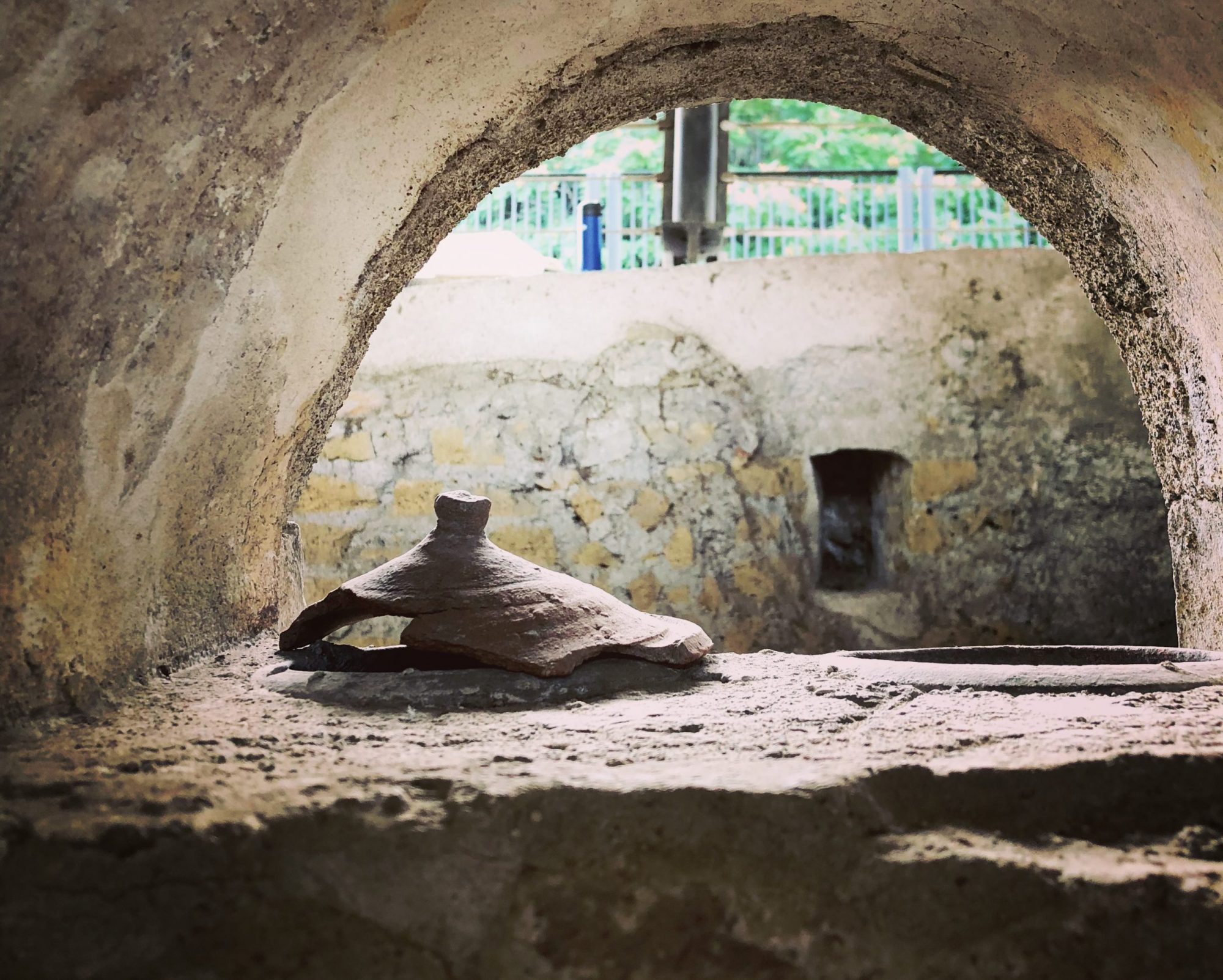All over Rome you’ll find the letters “SPQR” emblazoned on everything from taxis to trashcans, drinking fountains to sewer covers. It’s an abbreviation for Senatus Populusque Romanus (“The Senate and People of Rome”) and seems to originate in imperial Roman coinage and inscriptions. Sarah Bond has an essential piece about the polyvalence of “SPQR” through the centuries, including its appropriation by modern white supremacists.
What I’m thinking about today, in light of the state of the Catholic Church as an institution, is the sonnet entitled, “SPQR” by the Roman poet Giuseppe Gioachino Belli (1791-1863; full text and translation at the end of this post). Belli lived in Rome when the Church was also the ruling authority in the city. He wrote scores of sonnets in the vivid Roman dialect (I’ve blogged about him already) and he was not afraid to use his poems to challenge ecclesiastical abuse and hypocrisy.
One such poem is, “SPQR.” Here, Belli “remembers” his schoolboy days, where he would see the letters everywhere in Rome and wonder what they stood for. So, like any good Catholic, he asks his teacher/priest (Fr. Fulgentius). The priest rather brusquely tells the boy:
Ste lettre vonno dì, ssor zomarone,
Soli preti qui rreggneno: e ssilenzio.
These letters mean, you giant dumbass,
“Here the priests run everything.” Now shut up.
“Soli Preti Qui Reggneno”—SPQR—literally, “Here only priests rule.” This is the world Belli lived in, but it’s also part of the world that Catholics have grown up in. Clericalism—the idea that “Father knows best,” that priests are inherently or supernaturally holier/better than laypeople, that they are above the rules and accountability that govern the rest of us— is ingrained into many Catholics since childhood, especially those from immigrant communities in the United States. And many priests believe it too, carrying themselves as if they were better than their lay brothers and sisters. This is what lies at the heart of the sexual abuse crisis in the Church, because sexual violence is fundamentally about power. Clerical power has been fed by the privilege and deference given to clergy by lay Catholics, and is the cause of obfuscation and silence embraced by the clergy to protect their status, no matter the harm done to the laity. I’m not alone in thinking this.
As Belli’s sonnet makes clear (and as I learned from my mother, herself an immigrant to the US from Rome), laypeople have long known that hypocrisy exists among the clergy. But we are at a moment now in the life of the US Catholic Church in which many Catholics will no longer put up with it, because now we see how clericalism has permitted and subsequently hidden irreparable harm done to children.
The question facing those Catholics contemplating their ongoing participation in the institutional Church is whether the Tradition—the Christian faith and its practices that have been handed down through the centuries—can continue to exist and be passed on in an institution that is so clearly rotten from the inside out.
When the Roman Emperor Constantine built the great basilicas of St. Peter’s and St. Paul’s in Rome, he destroyed two large cemeteries in order to create a foundation for these new buildings. Metaphorically, the clerical nature of the institutional Church is a cemetery: a city of the dead that needs to be razed in order for a new building, a new place of worship, to rise in its place. Whether any of us in the Church have the will to undertake that vast labor is what will define Catholicism from this moment forward.
******
SPQR
Quell’esse, pe, ccu, erre, inarberate
Sur portone de guasi oggni palazzo,
Quelle sò cquattro lettere der cazzo,
Che nun vonno dì ggnente, compitate.
M’aricordo però cche dda regazzo,
Cuanno leggevo a fforza de frustate,
Me le trovavo sempre appiccicate
Drent’in dell’abbeccé ttutte in un mazzo.
Un giorno arfine me te venne l’estro
De dimannanne un po’ la spiegazzione
A ddon Furgenzio ch’era er mi’ maestro.
Ecco che mm’arispose don Furgenzio:
“Ste lettre vonno dì, ssor zomarone,
Soli preti qui rreggneno: e ssilenzio.”
Roma, 4 maggio 1833
That SPQR on the door
Of almost every building,
Those four fucking letters,
They don’t spell anything.
But I remember when I was a boy,
And had to read or get thrashed,
I always found them together, like the ABC’s.
Finally, one day the desire came over me
To ask Don Fulgentius, my teacher, for an explanation.
Here’s the answer Don Fulgentius gave me,
“These letters mean, you giant dumbass,
‘Here the priests run everything.’ Now shut up.”
Rome, May 4, 1833

